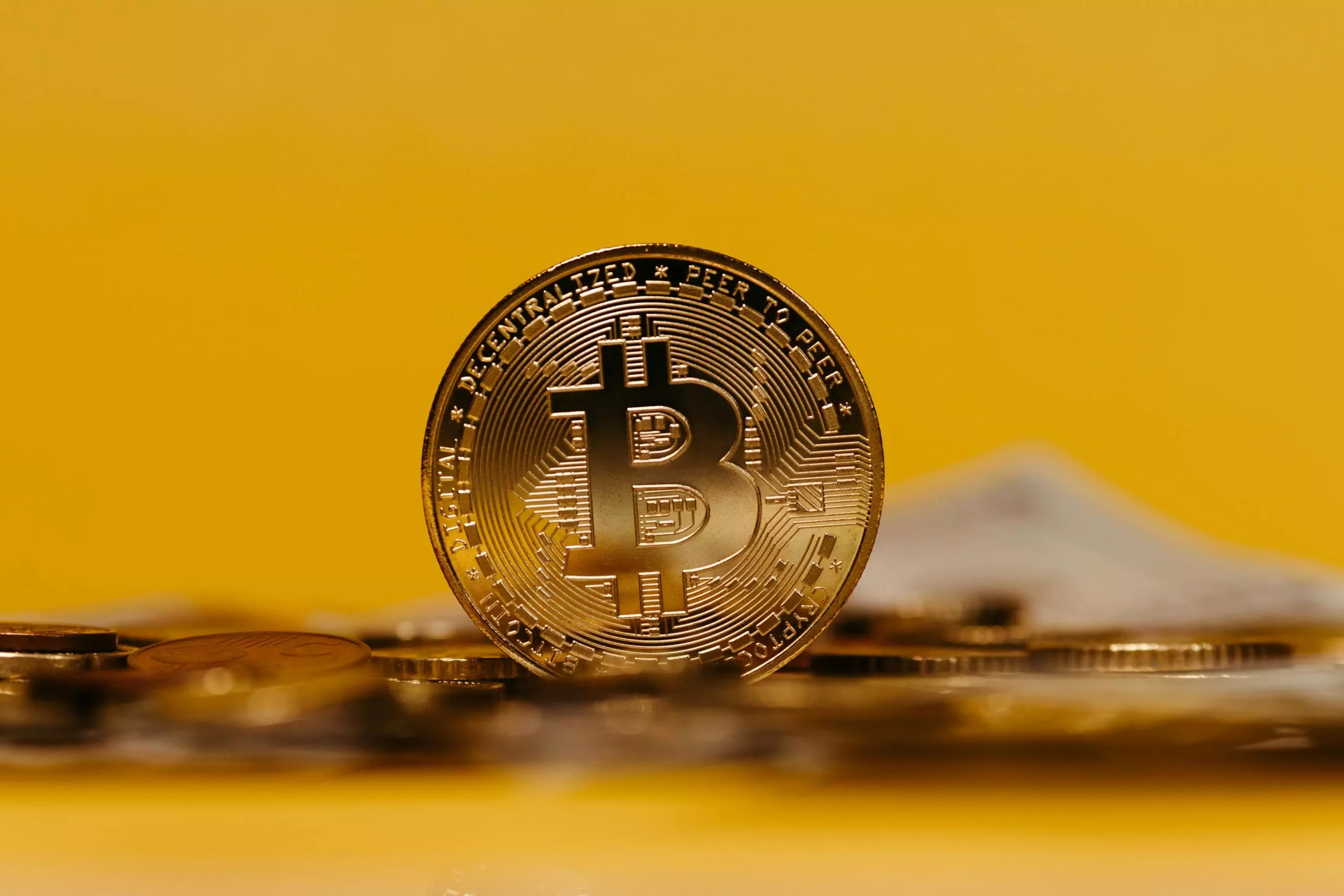The idea of establishing a U.S. Bitcoin Strategic Reserve has gained traction since President-elect Donald Trump raised the concept during his campaign. Proponents argue that a reserve would position the United States as a leader in the burgeoning cryptocurrency sector. However, skepticism lingers within the crypto community, especially among established figures like Ki Young Ju, CEO of CryptoQuant. Ju questions the likelihood of such an initiative receiving endorsement from the incoming administration, arguing that the existing stability and dominance of the U.S. dollar deter any serious consideration for a Bitcoin reserve.
Ju’s apprehension reflects a broader sentiment that sees Bitcoin as too volatile, especially given its historical price fluctuations. The notion of a national stockpile of Bitcoin, akin to gold reserves, seems appealing on the surface, but underlying economic trends suggest a more complicated reality. The U.S. dollar remains a safe-haven currency, cemented by historical reliance during global financial uncertainty. Thus, the political and economic landscape is pivotal in understanding whether a Bitcoin reserve could realistically materialize.
Throughout history, the U.S. has often reverted to gold during periods of economic volatility, a behavior suggesting a deep-rooted preference for tangible assets among American policymakers. The late 1990s, for instance, saw a revival of interest in gold as a hedge against perceived threats to economic stability. Currently, Peter Schiff championed gold in a manner echoed by Bitcoin advocates today, yet the circumstances differ significantly. The current economic climate shows growing investor confidence in the U.S. dollar, casting doubt on the urgency to consider Bitcoin as a strategic asset.
Ju posits that the future debate surrounding a potential Bitcoin reserve will gain traction only if a true threat to U.S. economic dominance surfaces. At this juncture, the lack of tangible threats means that Bitcoin is not on the forefront of discussions regarding national economic strategy. Resilience in the American economy further diminishes the perceived need for cryptocurrency as a fallback asset.
As of 2022, the U.S. accounted for 37.8% of global Bitcoin processing, solidifying its position as a frontrunner in cryptocurrency mining. This dominance raises pertinent questions about the direction the new administration might take. Ki Young Ju notes that while Trump’s pro-Bitcoin rhetoric generated considerable excitement among his voter base, actual policy implementation may diverge significantly from campaign promises.
If Trump manages to project strong economic performance, the fervor for cryptocurrency initiatives could wane. Ju warns that a successful showcase of U.S. economic resilience might lead Trump to retreat from his earlier enthusiasm for Bitcoin. Should U.S. economic supremacy become fortified, prioritizing traditional economic indicators over cryptocurrency may resonate more with both politicians and constituents alike.
The interplay of market sentiment and political factors will likely dictate the future approach to Bitcoin reserves. Should global perceptions shift and confidence in the U.S. dollar erode, the discussion surrounding Bitcoin could intensify, potentially leading to some level of institutional adoption as a reserve asset. However, as long as investor confidence in traditional banking and currency systems remains steadfast, initiatives like a Bitcoin Strategic Reserve risk being sidelined.
Moreover, the complexity of economic policies and their impact on voter perception cannot be understated. Ju suggests that even if policy discussions emerge concerning Bitcoin, they might reflect a need to appease a divided voter base, ultimately leading to a cautious approach that may delay or dilute enthusiasm for cryptocurrency.
The establishment of a U.S. Bitcoin Strategic Reserve hinges upon a multitude of factors, including market confidence, economic resilience, and political strategy. As it stands, reactions within the crypto community reveal a cautious perspective, with key figures such as Ki Young Ju articulating a vision steeped in realism rather than idealism. The future trajectory is contingent on how economic conditions evolve, and whether cryptocurrency can transition from a speculative asset to a legitimate component of national economic policy. Until that moment strikes, the concept of a Bitcoin reserve remains a tantalizing, yet distant possibility.

